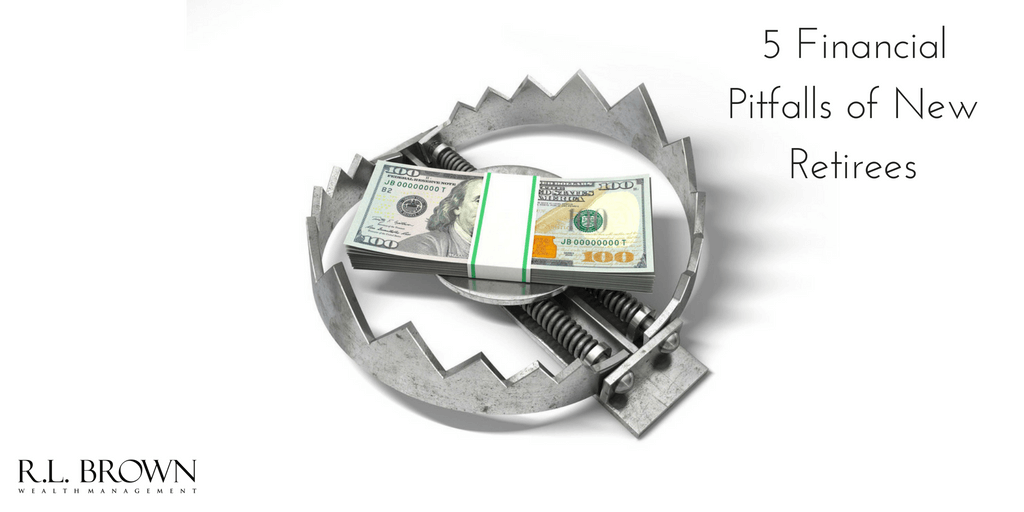We’ve always been told the 401(k) is the most precious savings gift we’ll ever receive. I couldn’t agree more, but what happens if you aren’t sure how to properly manage it yourself? That precious 401k can tarnish pretty quickly and become a source of constant stress and anxiety.
There are many gauges to monitor when managing a 401(k) account that can be confusing for those that aren’t financially well-versed. Following are some ways you can better manage your 401k in order to optimize returns:
1. Set Realistic Expectations
Just as you wouldn’t expect the casual pick-up basketball player to go one-on-one with an NBA star, you shouldn’t have the same hopes your conservatively invested 401k will perform as well as a more aggressive portfolio. In other words, you can’t expect to take a low risk and realize a high return.
It’s unrealistic to hold an allocation that is, for example, 40 percent bonds and 60 percent stocks to the same standard of the S&P 500 or Dow index. It would be like comparing apples to oranges as both of the latter entities are comprised of 100 percent stocks.
With your 401(k), you’re taking a more conservative approach by adding 40 percent bonds in order to take the volatility out of the portfolio so its not so erratic.
Also, use relevant benchmarks when assessing the performance of your mutual funds and avoid taking a “what have you done for me lately” approach. Extend some grace for quality mutual funds if there are a couple years of subpar performance before you do anything drastic. Over a hundred years of history reveal average returns that exceed those of just about every other investment vehicle out there.
There’s no reason to expect returns every year like we saw in 2013, when the S&P 500 posted its largest annual jump in 16 years and the Dow its biggest gain in 18. Growth like that is not sustainable long-term, nor necessary for you to achieve your financial goals.
2. Do Your Research
When you review your 401(k) funds, focus on the composition of the mutual fund. Which individual stocks/bonds are currently held in the mutual fund, and how do you feel about those individual stocks/bonds moving forward? Other key metrics to consider are the fund manager’s tenure, the amount of turnover in the portfolio and the beta (risk) of the portfolio.
Also, most people gravitate toward the past performance of the mutual funds as their deciding factor, but remember…. “Past performance is not indicative of future performance.” Just because a mutual fund is in favor this year or has done well in the past doesn’t mean it’s going to continue to do so. On the flip side, just because it’s done poorly in the past doesn’t mean its going to do poorly in the future.
Research your 401(k) with an eye toward the future. Which mutual funds are positioned to do well in the upcoming or current economic environment?
Understand what funds you own and why you own them. If you have a financial advisor, use him or her as a resource to help you assess whether your portfolio is still working for your current situation.
Finally, staying abreast of your 401k terrain is especially important in case your company changes the makeup of your plan. If your plan’s sponsor adds or deletes options, you need to be prepared to alter both your 401k plan and taxable accounts.
3. Resist the Urge to Tinker
Even though your account is protected from taxes, you should still avoid moving money around every time there’s a fluctuation in a stock.
Try not to be overly alarmed by economic news headlines. Instead, focus on ensuring you have an allocation that’s appropriate for your time horizon. If you get a tip from someone, before you put it into action, make sure you have a time horizon that matches the tip. Another person may be more risk tolerant than you or have more time to recover from the volatility that comes with their particular strategy.
Instead of frequently making changes to your funds, do some research on how to rebalance your original 401K mix periodically. Your portfolio’s risk/reward profile won’t be altered much, but its a way to keep your funds in check.







